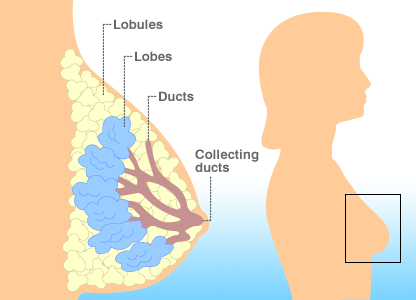Some women at high risk who were diagnosed with breast cancer consider prophylactic (preventive) surgery. It includes a mastectomy (breast removal), and can sometimes involve a complete hysterectomy (removal of uterus and ovaries). Although many studies have confirmed there is less breast cancer and ovarian cancer in women who have had these organs removed, subsequent studies have questioned the use of such radical preventive measures for quality-of-life issues and long-term side effects.
Since the introduction of prophylactic surgery, the medical community has failed to focus on the issues of surgical complications and risk communication for the benefit of informacija.Pretraživanje database of studies on preventive mastectomy for breast cancer prevention research revealed bias, poorly designed studies and inappropriate prequalified participants . Researchers who evaluated 23 studies involving more than 4,000 patients concluded in a report featured in The Cochrane Database System Review, which are more stringent and prospective research is needed, because "the state of science is far from accurate in predicting who will win or who will die from breast cancer. by one estimate, the majority of women considered at high risk for family history (but not necessarily BRCA1 or 2 mutation carriers) who have undergone these procedures would not have died from breast cancer. "researchers have reported that body image and feelings of femininity were negatively affected.
Although many genetic counseling and research institutions continue to promote this operation, the woman is advised to evaluate this decision carefully. Genetic testing is not designed to be a diagnostic tool. Although studies have confirmed that mutations in BRCA1 and BRCA2 genes cause a predisposition to breast and ovarian cancer, many other genes have been identified which may also increase the risk of women. Until more research is done, genetic testing should not be the only tool that is used to recommend a serious operation.
high-risk women with a family history of breast cancer or who have tested positive for mutations in BRCA1 and BRCA2 genes are advised to take an aggressive integrative prevention plan. In addition, those who take tamoxifen may derive additional protection of indole-3-carbinol (abundant in cruciferous vegetables) or supplemental diindolylmethane (DIM). Aggressive screening is also recommended for these women. This may involve a combination of mammography with ultrasound, and for those at risk for ovarian cancer, annual pelvic ultrasound. If the risk level is high, ask your doctor how you can accelerate your screening program.
